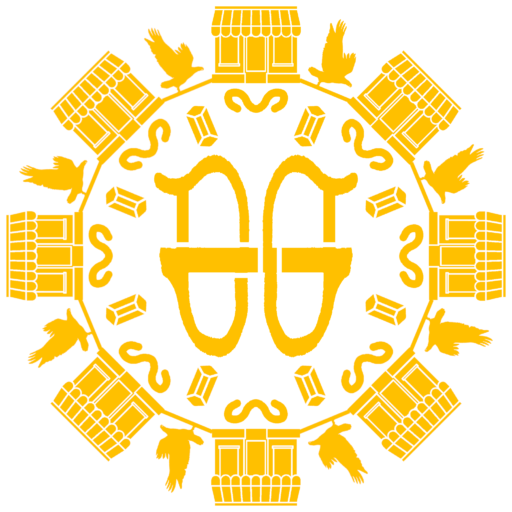This song wasn\’t listed as the 85th greatest song of all time for nothing, for there is a tragic tale found in this rap song.
The stereotype of the rap genre is that it is reserved for the \”hood\” or the \”ghetto,\” and yet the very need to survive and thrive is a very prevalent theme in this genre. This song is an exception, since it details the survival involved in the illusion of the \”…money and the power…hour after hour,\” but they come at a price, with the subject warning that \”…you and your homies might be lined in chalk.\”
The song is about a man who lives in the illusion of the ghetto life, filled with money and guns. However, he is directly forewarning any gangsta-wannabes that this lifestyle is not as glamorous as the television makes it out to be, since he himself was fooled.
Accompanying the lyrics are the harmonious backup vocals, which is of course juxtaposed with the brooding narration. This is to give the song a form of religious significance, along with the lyrics as this article will explain.
The opening line derives directly from the Old Testament:
I walk through the valley of the shadow of death.
Psalms 23:4
Although this Psalm contextually refers to thanksgiving and hope, the concept of the \”valley of the shadow of death\” provides enough imagery to effectively set the tone of the song. In which case, Coolio envisions the hood as this valley not to be treaded lightly–or at all.
The greatest subversion, of course, comes from the dubbing of the hood as a \”gangsta\’s paradise.\” Now, paradise is used in the Bible to specifically refer to heaven, as the place in the afterlife where the good souls would go during the Day of Judgment. Of course, in the context of the song, the word is used in an ironic twist, by showcasing the \”gangsta\’s paradise\” as being one filled with death and violence. But the subversion delves deeper, with the subject of the song praying underneath the streetlight that he would live to be 24.
The word Paradise is also subversion originally used by Stevie Wonder, who used the phrase \”past-time paradise\” in the eponymous song in order to refer to a paradise built on the illusion of living in the past in order to justify frivolous spending. Of course, paradise is used in this song in order to be the agent of subversion in a cathartic way, meaning the subject is relaying his experience to the listener, with the hope that the listener could be grateful that they are not in the subject\’s position.
As such, the whole song is a forewarning to those young men who envision this extravagant life living in the \”gangsta\’s paradise.\” The way that these lyrics are framed in the second-person perspective, the overall song directly tries to get through to those who romanticize the hood. The subject added that even if he tried to get out, he could find no one who can take him seriously. So, this lifestyle is a trap to those who wander carelessly into it.
As for the issue of urban violence, it is definitely a complicated issue that this article will not attempt to tackle. However, what can be a root of the violence is the distance between the community and the basic pillars that upholds it (such as the police, the libraries, the schools, etc.). The haunting question that Coolio asks is:
They say I gotta learn, but nobody\’s here to teach me
If they can\’t understand it, how can they reach me?
Coolio. \”Gangsta\’s Paradise.\”
The subject attempts to bridge that connection with the potential \”gangsta\’s\” by relaying the most realistic depiction of the \”gangsta\’s paradise.\” If the basic institutions of society cannot get through to these young men, then perhaps someone who has the ethos of living that lifestyle could get through to them.
Sources
- \”Coolio feat. L.V.\’s \’Gangsta\’s Paradise\’ – Discover the Sample Source\”. WhoSampled.
- Coolio. \”Gangsta\’s Paradise.\” 1995.
- \”Greatest of All Time Hot 100 Singles : Page 1\”.
- Linder, Matthew. \”Adventures in Missing the Point: \’Gangsta\’s Paradise\’\”. RETUNED. Archived from the original on February 24, 2015.
- \”\”PARADISE\” in the KJV Bible.\”
- Thompson, Derek. \”Why America’s Great Crime Decline Is Over.\” The Atlantic. 2021.
